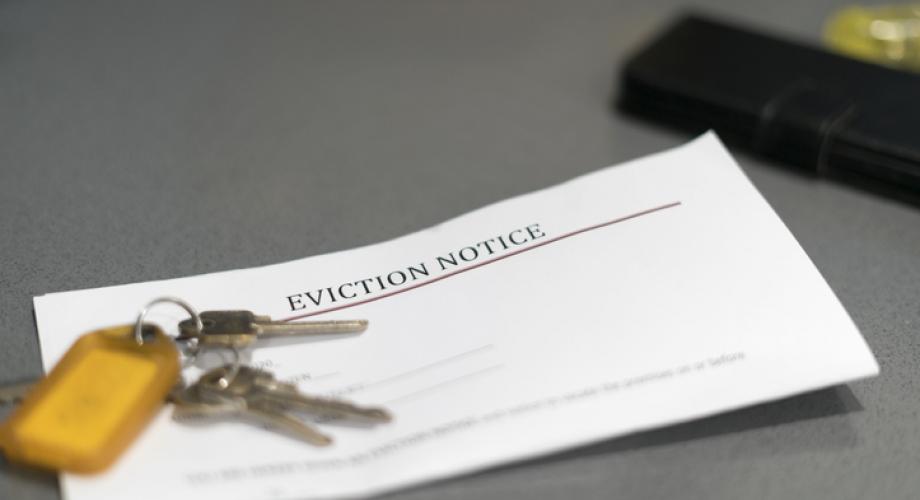On the evening of October 9, the U.S. Centers for Disease Control and Prevention (CDC) issued answers to frequently asked questions to supplement their federal eviction moratorium order. There is no doubt that National Apartment Association’s (NAA) aggressive advocacy and legal efforts, including first-hand conversations with the Trump Administration and the U.S. Department of Justice (DOJ), played a major role in this guidance. NAA voiced concern over the outstanding issues related to the federal eviction restrictions and requested specific supplemental guidance to help housing providers operationalize these confusing and sometimes conflicting mandates, which ultimately culminated in the CDC’s response. Though we continue to advocate against any extension or expansion of federal eviction restrictions, this significant development creates a path forward for the apartment industry.
Importantly, the FAQs clarify:
- The Order is not intended to terminate or suspend the operations of any state or local court. Nor is it intended to prevent housing providers from starting eviction proceedings, provided that the actual eviction of a covered person for non-payment of rent does NOT take place during the period of the Order.
- The Order does not preclude a housing provider from challenging the truthfulness of the resident’s declaration in any state or municipal court. The protections of the Order apply to the resident until the court decides the issue as long as the Order remains in effect.
- Housing providers are not required to make their tenants aware of the Order and Declaration.
Other outstanding issues addressed by the FAQs are as follows:
- To seek the protections of the Order, each adult listed on the lease, rental agreement, or housing contract should complete and sign a declaration and provide it to the housing provider where they live.
- Covered people still owe rent to their housing provider. The Order halts residential evictions only temporarily. Covered persons still must fulfill their obligation to pay rent and follow all the other terms of their lease and rules of the place where they live. Covered persons must use best efforts to make timely partial payments that are as close to the full payment as their individual circumstances permit, considering other nondiscretionary expenses.
- Anyone who falsely claims to be a covered person would be subject to DOJ prosecution.
- To make the Administration’s stance on these issues abundantly clear, the FAQS represent the views of the U.S. Department of Health and Human Services (HHS), U.S. Department of Housing and Urban Development (HUD) and DOJ.
This development is a significant nod to the power of NAA as we continue to lead the fight for our members and the viability of the industry. An additional COVID-19 relief package is likely, and NAA is meeting with lawmakers and staff daily to tell them that apartment owners, operators and residents need direct rental assistance. Eviction moratoria are not the answer and will do nothing to solve renters’ housing insecurity. Further, our lawsuit against the CDC is ongoing. While the new guidance provides some important clarification for the industry, we are seeking a final ruling that will decide whether the CDC exceeded its authority; that decision may not come until the new year.
